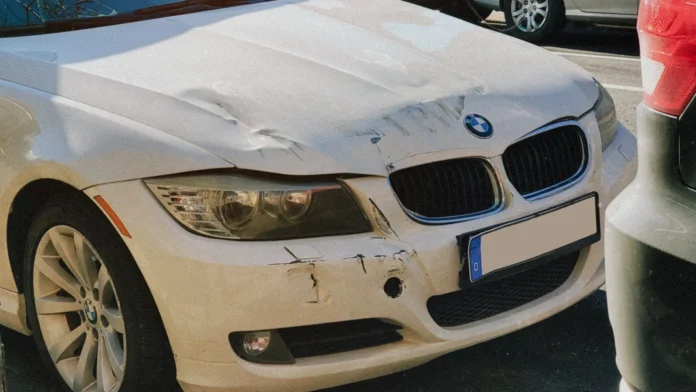Car accidents, with their potentially devastating consequences, cast a somber shadow over road safety statistics. In the United States alone, the grim reality unfolds with nearly 43,000 fatal crashes annually, underscoring the urgency of addressing the complex web of factors that contribute to these incidents. Perhaps even more alarming is the fact that car crashes stand as the foremost cause of death for individuals aged 1 to 54 in the U.S., highlighting the pervasive and profound impact of road accidents on the nation’s mortality rates.
Amidst these disheartening statistics, what compounds the tragedy is the realization that a significant majority of car accidents are entirely preventable. From distracted driving to impaired judgment, human error remains a critical factor in road incidents. As technology advances and safety measures become more sophisticated, the potential to curb and mitigate the frequency and severity of these accidents is within our grasp.
Sure, sometimes it’s the other driver at fault, and there’s nothing you could have done to avoid the crash (in this case, consult a reputable personal injury attorney). But most of the time, you can avoid car accidents by adhering to these tips:
1. Get rid of distractions

Distracted driving is a leading cause of car accidents in the U.S. According to the National Highway Traffic Safety Administration (NHTSA), distracted driving claimed 3,522 lives in 2021, up from 3,142 in 2020.
Some common distractions include texting, calling, eating, drinking, doing makeup, fixing hair, and talking too much to other passengers. To avoid such distractions, wait until you are no longer driving or pull over to engage in them.
You may also want to put your phone on silent and keep the stereo volume down so you can still hear your surroundings well.
2. Don’t drink and drive

Drunk driving is another leading cause of car accidents in the U.S. According to NHTSA, 37 people die in drunk-driving accidents per day. That’s one person every 39 minutes. In 2021, 13,384 people died in drunk-driving accidents, a 14% increase from 2020.
Again, these car accidents are totally preventable. If you go out to drink, arrange for a designated driver to take you home (have your friends take turns being the designated driver). You can also plan to take a cab or public transportation home.
The point is to avoid driving home drunk. That way, you don’t put your life or those of your passengers or others on the road at unnecessary risk.
The same goes for drugs. They can impair your driving ability just as much as alcohol can. So don’t take drugs and drive, either.
3. Don’t tailgate
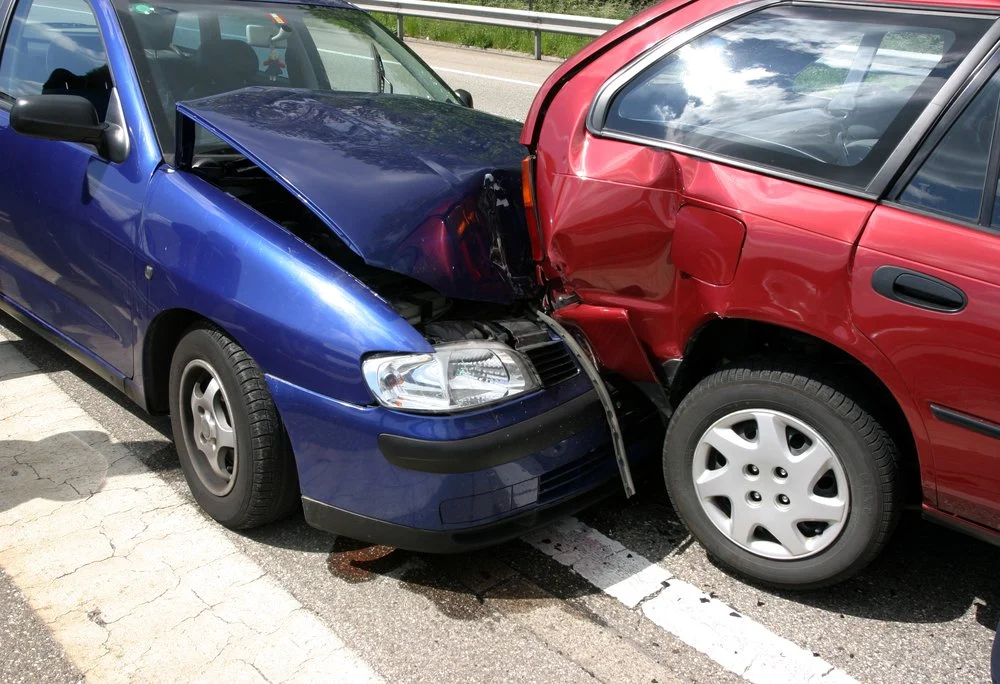
Rear-end collisions make up a major portion of U.S. car accidents. According to a NHTSA study, they account for roughly 29% of all traffic accidents resulting in serious injury. According to the Insurance Information Institute, they are responsible for over 7% of all traffic-related fatalities and nearly 20% of fatalities involving two-vehicle collisions.
To avoid rear-end collisions, keep a safe distance between you and the car in front of you. That way, you have enough time to react if they come to a quick stop. Similarly, avoid any situation where you are forced to use your brakes suddenly so the car behind you doesn’t accidentally crash into you.
4. Avoid driving in bad weather
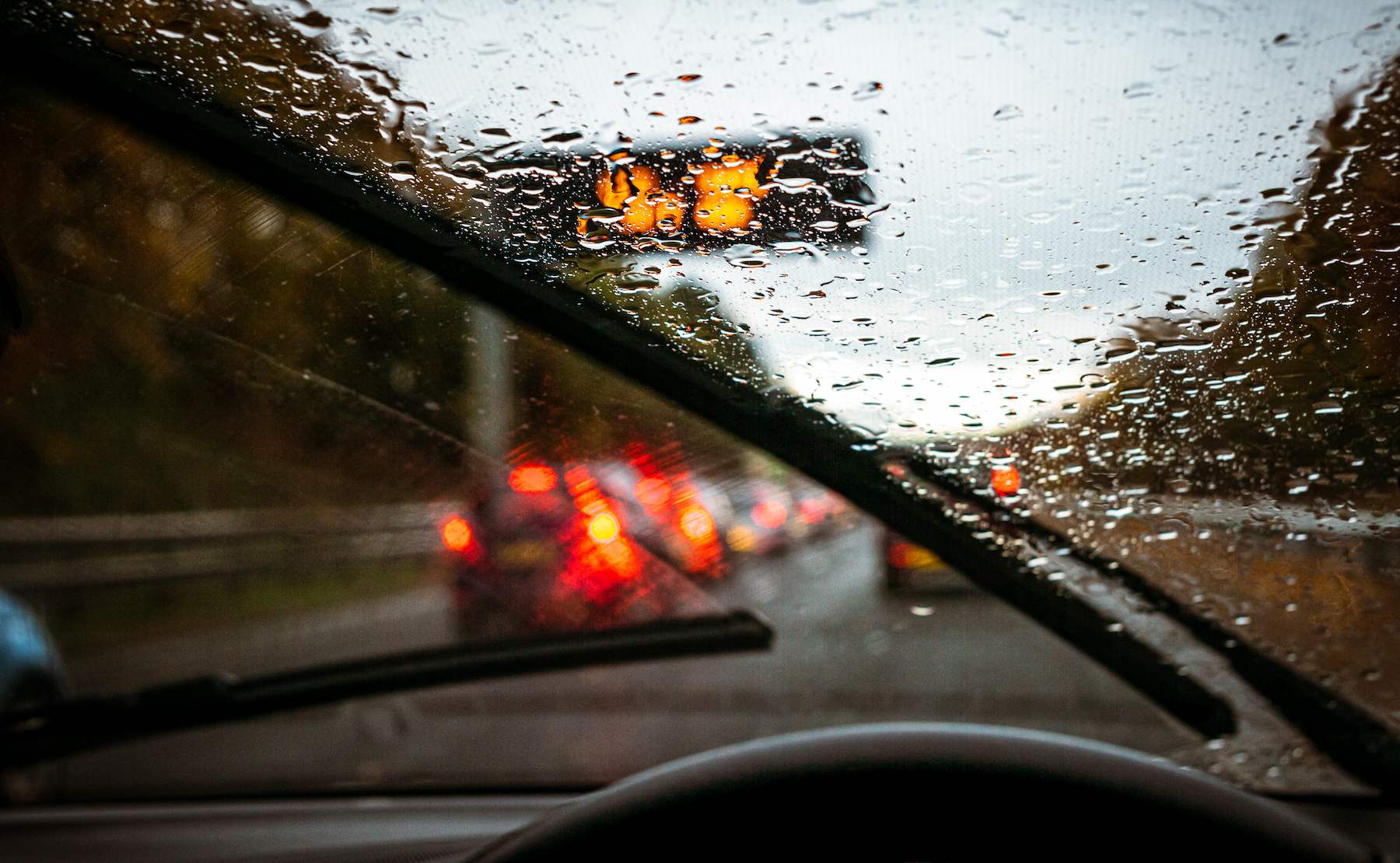
Heavy rain, snow, fog, hail, and other adverse weather conditions can make roads more dangerous—by creating slick surfaces and/or reducing visibility.
As a result, you need to be cautious when driving whenever the weather is bad. Check the forecast before driving and avoid driving in poor conditions if possible. Of course, sometimes the weather takes a turn for the worse while you’re driving. In that case, slow down and keep extra distance between you and the car in front of you.
The same goes for night driving. Avoid it when possible since it reduces visibility and makes driving more dangerous.
5. Don’t drive while tired

Drowsy driving is another common cause of accidents. According to the NHTSA, it killed 684 people in 2021. Across the globe, an estimated 6,400 people die annually in crashes involving drowsy driving, according to the National Sleep Foundation.
Alarmingly, 1 in 25 adults reported having fallen asleep while driving, and many more admitted to driving while they were sleep-deprived.
If you fall asleep behind the wheel, you could lose control of the vehicle and cause a deadly accident. So, if you’re feeling tired on the road, pull over to take a nap.
6. Drive a safe vehicle
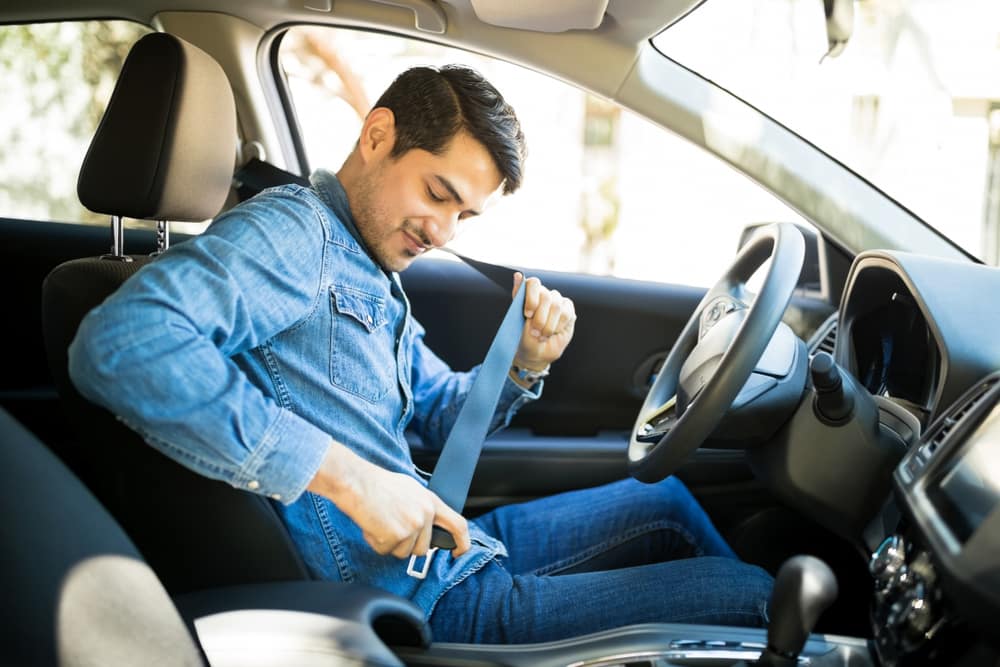
Part of preventing a car accident starts with the car you drive in the first place. Some cars are safer than others.
For example, an old car with many miles on it may not be as reliable as a newer model. Similarly, you may be better off with a car that has the latest safety features. These include automatic braking, collision warning systems, rearview cameras, adaptive cruise control, lane departure warning, adaptive headlights, and more.
Before buying a car, research the latest safety technology and ensure you do a test drive. Picking the right car could save your life someday!
7. Keep up with regular car maintenance
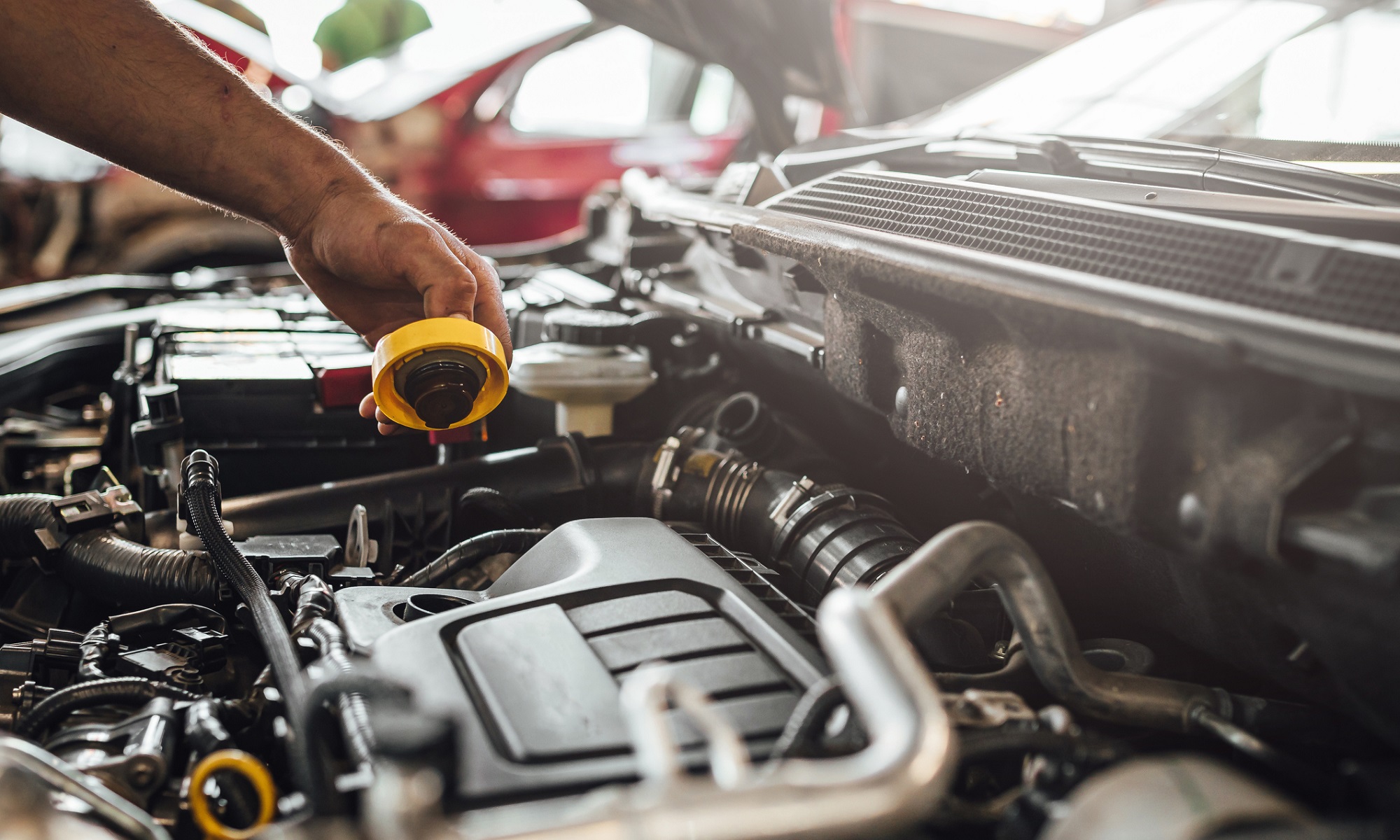
Similarly, it’s important to keep up with regular car maintenance.
For example, keeping your tires at the right air pressure level helps maximize their traction on the road, so it’s easier to control your vehicle.
Don’t wait until something breaks. Otherwise, it could cause a serious accident. Think flat tires, overheated engines, and other issues that you wouldn’t want to happen while driving.
8. Never speed
Finally, never go over the speed limit. According to the NHTSA, nearly one-third of traffic fatalities are due to speed-related crashes. In 2021, speeding killed 12,330 people, or an average of over 33 people per day.
Speeding reduces your time to react to obstacles and changes in the road. As a result, you’re less able to avoid dangerous situations when they appear.
To avoid speeding, always know the speed limit. On the highway, you can also use cruise control to help keep you from going over.
Bonus: Wear a seatbelt
As a final tip, wear a seatbelt. This won’t necessarily help you avoid an accident, but it can dramatically reduce the severity of one. According to the NHTSA, seat belt use in passenger vehicles saved an estimated 14,955 lives in 2017. Furthermore, of passenger vehicle occupants who were killed in 2021, 50% weren’t wearing a seat belt.
So buckle up. Someday, you may find yourself in an accident and be glad you did!

